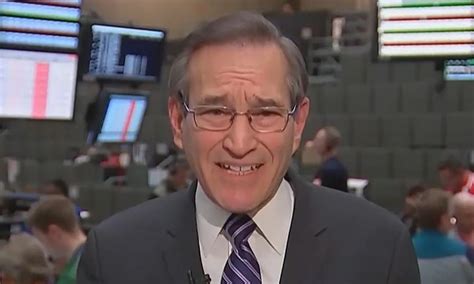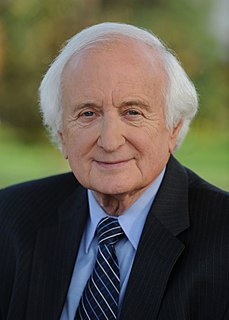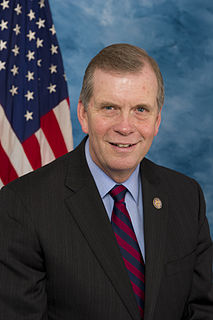A Quote by Rick Santelli
I think health care is a mess. I think that, as a free market person, you can't even have that discussion unless you know what the service costs.
Quote Topics
Related Quotes
Health care is too expensive, so the Clinton administration is putting a high-powered coporate lawyer - Hillary - in charge of making it cheaper. (This is what I always do when I want to spend less money - hire a lawyer from Yale.) If you think health care is expensive now, wait until you see what it costs when it's free.
We Americans, or half of Americans, think health care is a commodity. Other countries view health care as a social service that should be collectively financed and available to everyone on equal terms. My wife and I just interviewed the German minister of health, and it was an exhilarating experience, because it was a totally different language. It was obviously important that everyone should have the same deal in health care.
In comparison to the U.S. health care system, the German system is clearly better, because the German health care system works for everyone who needs care, ... costs little money, and it's not a system about which you have to worry all the time. I think that for us the risk is that the private system undermines the solidarity principle. If that is fixed and we concentrate a little bit on better competition and more research, I think the German health care system is a nice third way between a for-profit system on the one hand and, let's say, a single-payer system on the other hand.
I don't think that I am a Lefty in the sense that I grew up in countries that have a universal health-care system, but I also think that I'm a little Right in other directions. I also think that - in regards to the whole health-care thing - that yeah, they should repeal and replace Obamacare with universal health care.
































